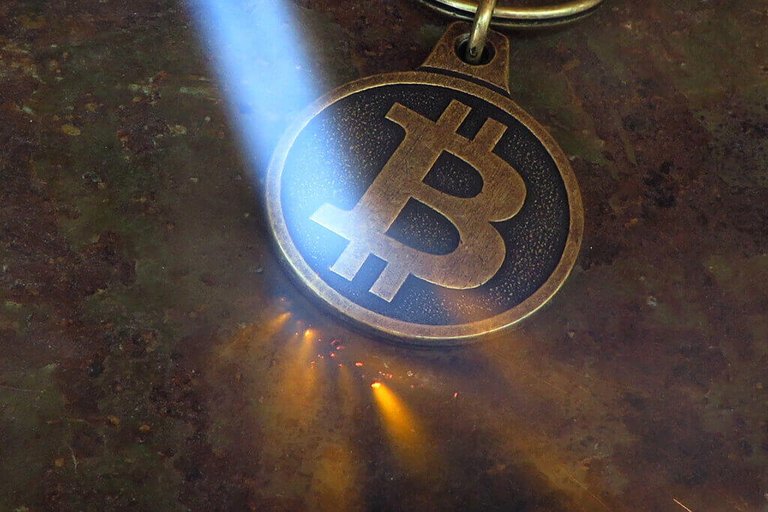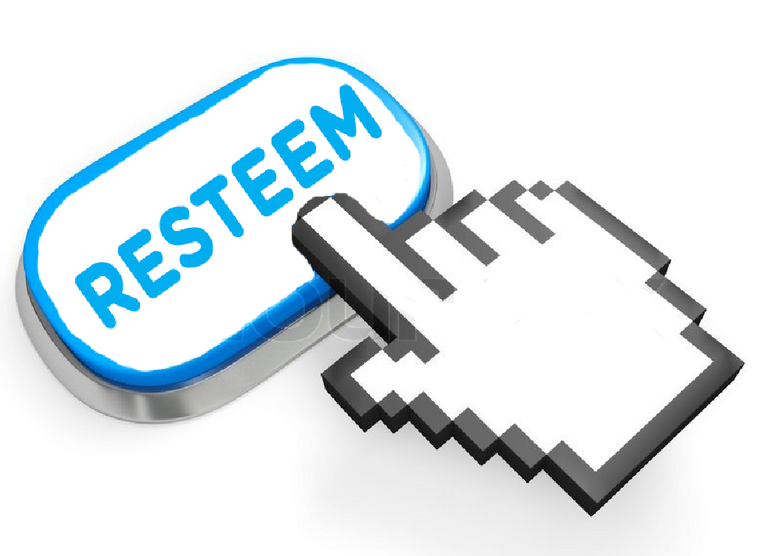Blockchain technology is quickly expanding beyond bitcoin. While many proponents of bitcoin see the blockchain as no more than competition for existing payment methods or gold, I believe blockchain technology is the harbinger of things the world has never before seen.
In a world with many blockchains and hundreds of tradable tokens built on top of them, entire industries are automated through software, venture capital and stock markets are circumvented, entrepreneurship is streamlined and networks gain sovereignty through their own digital currency. This is the next phase of the internet.
To date, bitcoin companies have received more than $1 billion in venture funding — the entire industry was built on the shoulders of VCs. Yet Ethereum, a blockchain protocol that allows arbitrarily complex financial transactions to be encoded by anyone and executed in a provably accurate manner by a distributed network, has seen a de minimis amount of VC investment. Rather, open participation crowdsales run through financial contracts built on Ethereum have raised more than $250 million from backers all around the world.

So why is less VC money flowing into Ethereum? Perhaps it is more risky, and perhaps investments in failed bitcoin companies has lowered interest. Perhaps. But importantly, entrepreneurs now have an alternate route for funding their projects. We are seeing entrepreneurs issuing their own blockchain-based tokens to raise money for their networks, sidestepping the traditional, exclusive world of venture capital altogether. The importance of this cannot be overstated — in this new world there are no companies, just protocols.
Using this new model, entrepreneurs create blockchain-based tokens that represent ownership in the network they are building, and also act as fuel for their network. For an investor, there are not shares of a company available, only the blockchain-based token. As the blockchain space expands, disproportionate returns will go to holders of the actual tokens, not traditional venture investors betting on a shares of a company. These tokens are application specific — they are not meant to be general-purpose units of value like bitcoin. For example, tokens built on Ethereum like REP and GNT power a decentralized prediction market and a peer-to-peer market for renting computation, respectively.
These application-specific tokens, or app-tokens, are built on top of existing general-purpose blockchains like Bitcoin and Ethereum. For the first time, open-source project creators can directly monetize their open-source network. Historically, successful open-source projects like the torrent protocol or the Tor network were not directly monetized at the protocol level. Now, the founder of a decentralized file storage network can issue blockchain-based tokens that represent ownership in the network.
However, these tokens are not like stock certificates, which represent ownership but have no real use. App-tokens are actually used in the network to participate. In the file-storage market example, they are used to prove file ownership and buy and sell storage space. The founder of the network keeps roughly 10 percent of the tokens for themselves and their founding team, and if their network becomes popular, the demand for tokens rises, and because the supply of the token is fixed, the price increases. This means that founders can monetize their networks directly by simply holding their tokens and making the network useful. If they need liquidity to continue funding the project, they can simply sell the tokens on the open market.
In addition to rewarding founders, these app-tokens allow participants in networks to actually own a piece of the network. This network equity ownership is unprecedented. Consider how many networks the modern western internet user is a part of — Facebook, LinkedIn, Twitter, Uber, Airbnb, eBay, Etsy, Tumblr — the list goes on. In each of these cases, the network’s value is created by the users, but the value each individual user generates goes to the owners of the network. In this new blockchain-based model, that value is actually given back to the users of the network, proportional to their contribution.
What this means is that what ultimately disrupts many of the major web services created in the last decade could be peer-to-peer protocols, not companies. This would be similar to the effect that the torrent protocol had on media companies, but on a much larger scale. The result would be twitter the protocol without Twitter the company, facebook without Facebook, uber without Uber.
And as an investor, for the first time, it is possible to buy a portion of these networks, which will power the future infrastructure of the internet. Investing directly in TCP/IP (packets), SMTP (email), HTTPS (encryption) or another low-level internet protocol in the early 1990s would be extremely valuable today.
If this sounds complicated, it’s because it is. To be sure, the blockchain space is still mostly in a phase of experimentation, but the first breakout apps will be explosive because they financially incentivize users to participate in the network. Imagine being able to actually make money when you contribute on social media.
Bitcoin’s market share has slowly dropped over the last several years, and while I believe that bitcoin will continue to grow, rapid growth in other parts of the blockchain ecosystem is imminent.
The entire market capitalisation has hit all time high $200 BILLION , a rounding error when compared to the current value of systems to which it could potentially unseat .
When the Internet will be blockchain based , we will start to feel the real web technologies .
And that would be real Decentralised market of Steemit and other cryptocurrencies market.
Happy exchanging coins.
Thanks
Please don't just upvote but use TIP THE AUTHOR that will inspire me to help you guys more and more in crypto market.
Check my SteemIt profile: www.steemit.com/@sirdavid
Check my Other vlogs:
Blog #1 :https://steemit.com/altcoin/@sirdavid/bitcoin-ethereum-bitcoin-cash-ripple-litecoin-price-analysis-october-24
Blog #2:https://steemit.com/introduceyourself/@sirdavid/hello-fellows-david-from-india
Blog #3:https://steemit.com/life/@sirdavid/varanasi-what-to-expect-in-india-s-spiritual-city
Blog #4:https://steemit.com/travel/@sirdavid/end-of-eternity-varanasi-kashi-india
Blog #5:https://steemit.com/writing/@sirdavid/money-over-love-series-by-sirdavid-part-1
Blog #6:https://steemit.com/writing/@sirdavid/money-over-love-series-by-sirdavid-part-2
Blog #7:https://steemit.com/dtube/@sirdavid/4jyjrio9
Blog #8:https://steemit.com/steemit/@sirdavid/the-power-of-steemit
Blog #9:https://steemit.com/steemit/@sirdavid/steemit-vs-electroneum
Blog #9:https://steemit.com/steemit/@sirdavid/2ewzbf-steemit-vs-electroneum
Please Upvote this Post .
Re-steem this post as many times as possible.
If you want to get FREE SBD, just upvote this post!
The dollar Value at the end of the story will be used to better my account at steemit and for Dtube community.



Follow me @sirdavid
Hey,
whales please upvote me :
@sneaky-ninja
@booster
@appreciator
@voter
@boomerang
@buildawhale
@bellyrub
@discordia
@upgoater
@lovejuice
@minnowhelper
@pushup
Hi! I am a robot. I just upvoted you! I found similar content that readers might be interested in:
https://techcrunch.com/2017/01/08/the-future-is-a-decentralized-internet/